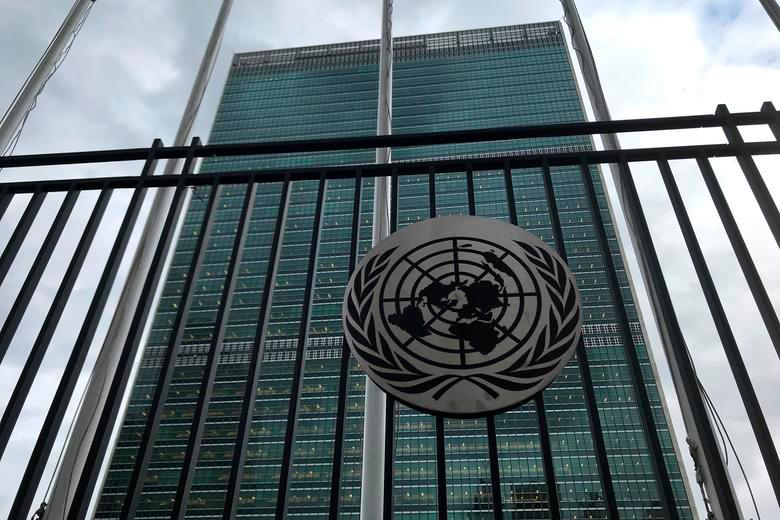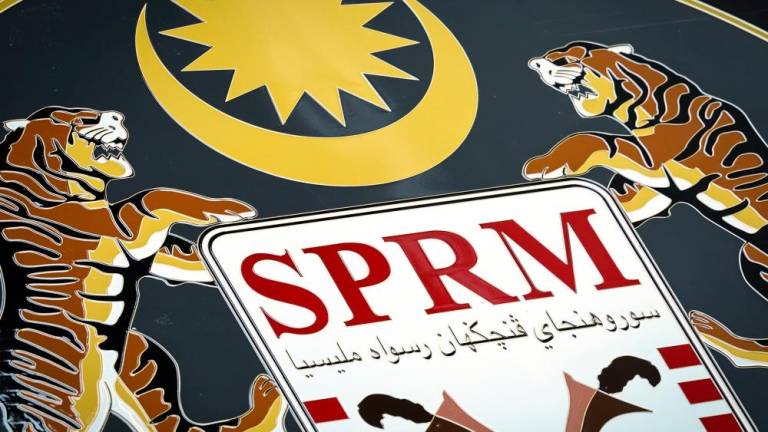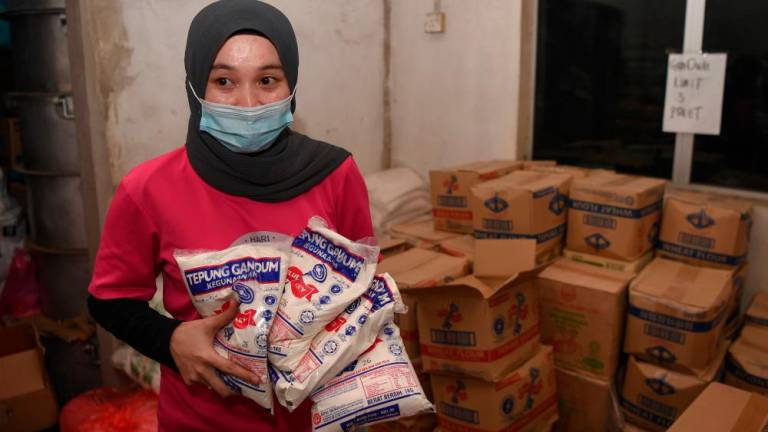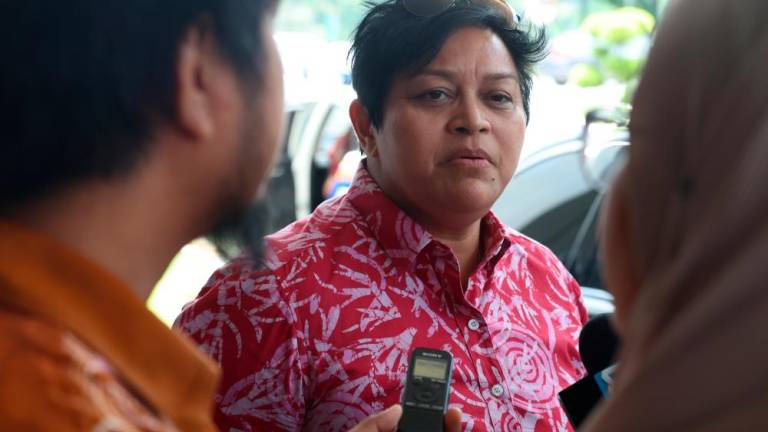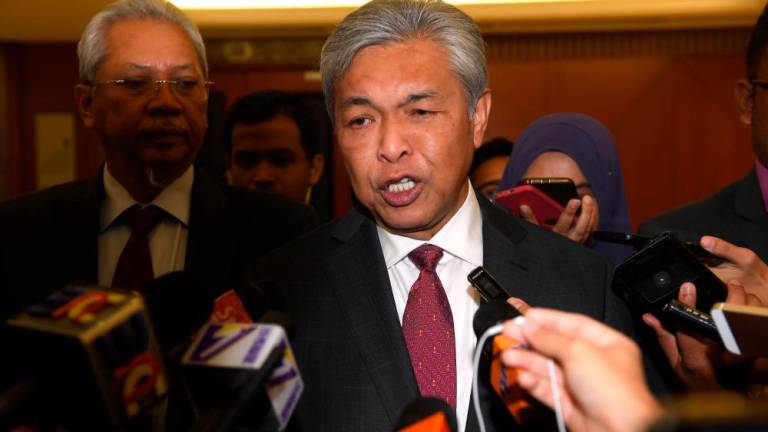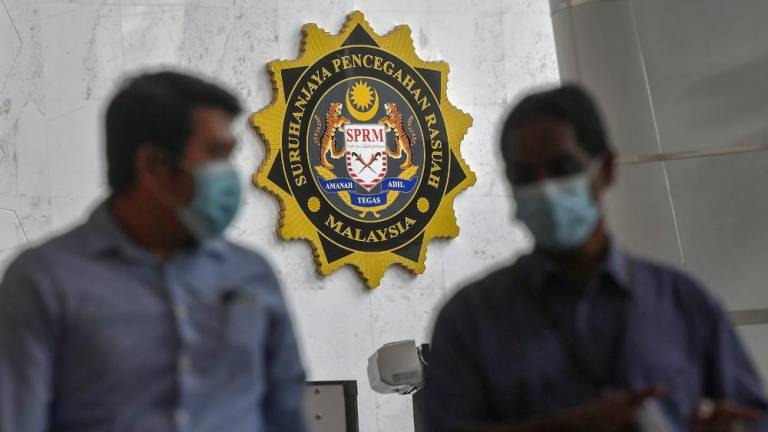THE time has come for the United Nations (UN) to implement major reforms within the organisation in order to remain relevant at the world stage.
This came as the UN celebrated its 76th anniversary on Oct 24 recently.
Many have seen that the UN has failed in its role as global peacemaker and as a organisation which can bring unity to all countries.
Among major reforms that need to be carried out is the total abolition of veto power which has been given to its permanent members, namely the US, UK, France, Russia and China. For many years, veto power has been abused by these permanent members to serve their own interests.
As a result of this abuse, many major issues and conflicts around the globe continue without end.
The ongoing conflict between the Palestinian people and Israel has been wrought with many obstacles due to the extensive use of such veto power by the US against many UN resolutions that condemn the Israeli government for all the acts of terror and aggression carried out against Palestinian civilians in the occupied territories of the West Bank and Gaza Strip.
The impact of this veto power has also affected us in Malaysia when in 2015 Russia had used its veto right in the UN Security Council (UNSC) to block a five-nation proposal initiated by Malaysia to establish an ad hoc criminal international tribunal to try those responsible for the downing of MH17 on July 17, 2014 in Eastern Ukraine, which had killed all 298 people on board, including 43 Malaysians.
The Russian act in using its veto power to block the proposal has been condemned by many nations which see it as an act to prevent bringing any move to bring the perpetrators to justice.
In 2014, despite repeated appeals by senior UN officials for accountability on crimes being committed in Syria, the council was unable to adopt a resolution that would have referred the situation in the war-torn nation to the International Criminal Court, due to vetoes by the organisation’s permanent members, namely Russia and China.
The resolution, which was backed by the other 13 members of the council, would have given the court the mandate to investigate the horrific crimes committed during the course of the conflict in Syria, which – since March 2011 – has witnessed the deaths of over 100,000 civilians, the displacement of millions and widespread violations of human rights.
These are only a few examples of the abuse of such special powers given to the five permanent members.
The UN is an inter-governmental organisation created way back in Oct 24, 1945 with the aim of promoting international cooperation, replacing the ineffective League of Nations (1920 – 1946), which failed to stop the atrocities of the World War II (1939 – 1945) that witnessed millions of casualties.
At the very beginning of its creation, the UN had 51 member states, now there are 193 member states.
The main objectives of its creation include maintaining international peace and security, promoting human rights, fostering social and economic development, protecting the environment, and providing humanitarian aid in cases of famine, natural disaster and armed conflict.
However, in light of the increasing global conflicts, such as the ongoing fighting in Syria, suffering of the Rohingya in Myanmar and Uighurs in China, the rise of several militants and extremist groups in several countries and not forgetting the ongoing struggle of the Palestinians to gain independence from Israeli occupation, the UN as the world’s most important international body has clearly failed to play its basic function.
Many have started to see the organisation as being weak and controlled by global players in the West.
The question that needs to be asked now, why did this happen?
The 193 member states have pledged to give their full commitment and cooperate with the body in the best possible way.
There are many answers which can be given here, but the main answer which can clearly be seen by many is the unfair treatment given to their own members since the body was created.
Since its establishment in 1945, several countries have been given huge privileges and special treatment over others.
These five countries have also been adorned with great power by the body which is often subjected to abuse.
The veto power has only been given to the five permanent members of the UNSC, enabling them to prevent the adoption of any substantive resolution.
Such power has been given through Article 27(3) of the UN Charter itself which states: “Decisions of the Security Council on all other matters shall be made by an affirmative vote of nine members, including the concurring votes of the permanent members; provided that, in decisions under Chapter VI, and under paragraph 3 of Article 52, a party to a dispute shall abstain from voting”.
Although the veto power has not been explicitly mentioned in the UN Charter, the fact that “substantive” decisions by the UNSC require “the concurring votes of the permanent members” means that any of those permanent members can prevent the adoption by the council of any draft resolutions on “substantive matters”.
This de facto control over the UNSC by the five governments is seen by many as the most undemocratic character of the UN.
All the objectives that were highlighted when the UN was first created can be carried out efficiently and effectively if major reforms can be implemented, especially through its existing charter.
All nations which have chosen to join the international body since its creation should be treated equally at all levels.
No special treatment, privileges or even veto power should be given to any of its members.
Therefore, the time has come for all UN members, administrators and policy makers in the UN to work together and act immediately to remove the veto provisions along with other provisions that can be interpreted as differentiating or giving special treatment to any particular member of the body from the existing UN charter. This would make sure the UN stays relevant for many years to come.
Muzaffar Syah Mallow is an associate professor of Faculty of Syariah and Law, at Universiti Sains Islam Malaysia. Comments: letters@thesundaily.com



